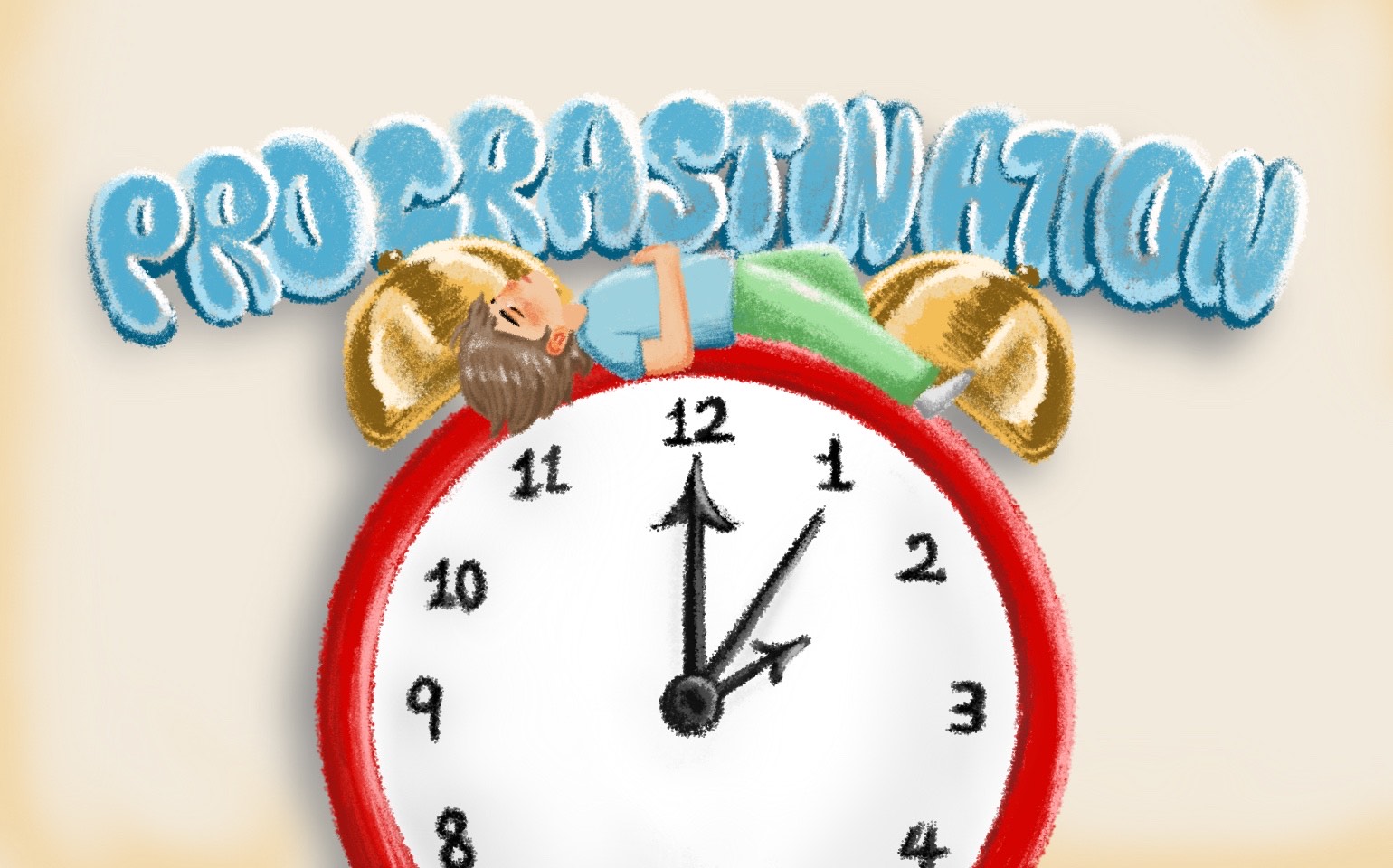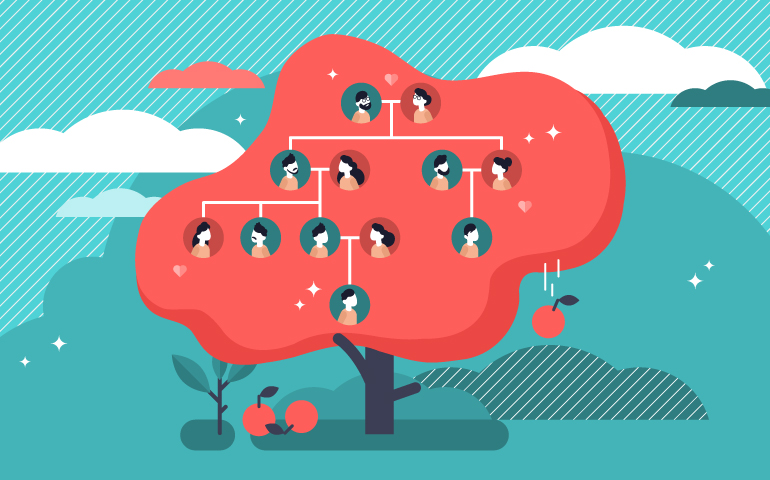Breaking the Cycle of Chronic Procrastination
I stared at my daily to-do list four days before the end of Christmas break. Every task had been erased except one I had written in all caps: ENGLISH NOVEL STUDY PROJECT
I had written that six weeks before. I began to panic!
I should have done it then! How am I going to get this done? The frustrated thoughts invaded my mind at that moment. I began to regret putting off a project given six weeks ago until four days before it was due.
After this incident, I began to research this chronic cycle of procrastination. From what I learned, I was able to apply new strategies to break the cycle and experience ease in finishing tasks.
My experience with my English project was not the first time I put off a task. In fact, I put off every essay that semester ‘til the day before it was due! Although I knew in those moments that I’d regret it, I justified procrastinating because I believed waiting until the last minute would allow my “creative juices” to flow. But, I read a scientific article on procrastination which explained that feeling was the adrenaline released from working under enormous pressure. At other times, my tendency to procrastinate came from the peaceful feeling of finally achieving a task after working under pressure. However, after reading a research article that explained the psychology behind procrastination, I learned that this so-called “satisfaction” was just my brain tricking me by releasing dopamine when I am rewarded for procrastinating (the reward being that I still got an A). Procrastinating became a cycle I accommodated until I suffered for it.
What Procrastination is NOT
I, as well as many others, have made the mistake of calling ourselves “lazy” for the sole reason of procrastinating on a task. However, research shows that procrastination is not synonymous with laziness. Where procrastination involves postponing a task in favour of others that are less important or urgent, laziness involves being reluctant to exert necessary effort.
Furthermore, procrastination is not always a time management issue. Many times, we substitute the major task with other tasks that are less strenuous to achieve. For instance, I substituted the time I could have used to start the English project with other holiday assignments from other subjects. This does not mean I lack time management skills; it means that I used the time to complete fewer challenging tasks. So, if you have ever procrastinated, it may not be a laziness or time management problem. However, there may be other reasons why you are procrastinating:
- Underlying Feelings Concerning the Task: Procrastination may be a result of different feelings concerning that task, such as self-doubt, anxiety, or low self-esteem. In my case, the English project was a visual representation which required me to draw. Many times, just thinking about the task led to self-doubt and I thought, Drawing is hard. What if I do a bad job? These self-blaming thoughts we have in the wake of procrastination are called procrastinatory cognitions, and they prevent us from commencing an urgent task.
- Negative Moods Around a Task: Chronic procrastination is also caused by the inability to manage negative moods around a task. Our nature of aversion may depend on the task given. For example, a person may procrastinate cleaning their dirty bathroom because it is inherently an unpleasant task. In my case, I dislike drawing, so my English project would be considered an unpleasant task and therefore, lead me to procrastinate.
- Desire to Attain Perfection: Sometimes we want the result of the task to be so perfect that the fear of this not happening discourages us from starting it in the first place. I wanted my drawing to be extremely good and because I thought that was not possible, I laid the task aside all together.
Regardless of the reasons for our procrastination, it is still possible to break that chronic cycle with these few steps:
Find the Emotion Avoided Rather Than the Task Avoided: Focusing on the task itself could make you feel like postponing it further. Whenever you feel like procrastinating, ask yourself: Why am I laying this task aside? How do I feel towards this task?
Reflecting on the emotions that cause you to procrastinate helps you to eliminate the emotions, rather than postpone the task.
Whatever It Is, Just Start: A stitch in time saves nine, meaning that beginning the task now will save you lots of stress in the long run. In fact, just writing a paragraph, washing that first plate, or in my case, making that initial sketch, will give you the momentum to continue the activity.
Break Down the Task Into Smaller Objectives: The reason you may be putting aside a task is because you are thinking of the overall result and how daunting it may be to reach that. However, if you divide the large chunk into smaller pieces and focus on one at a time, you will notice that the task will not appear as challenging. Smaller goals pile up to a great achievement.
Procrastinating is a habit many of us are guilty of. However, the most important thing is to be patient in breaking that cycle. Do not be too hard on yourself when you feel you have procrastinated. Like they say, Rome wasn’t built in a day, so do not expect to be instantly perfect. Instead, understand that step-by-step, and with determination, you will reach your goal.




